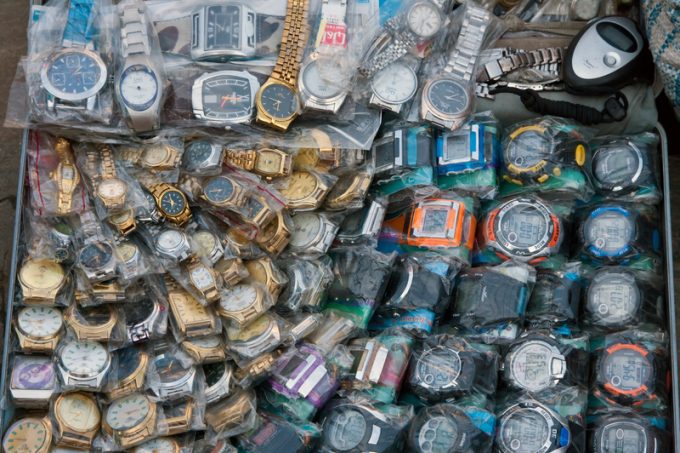EC slams US 'reciprocal tariffs' plan and says the trading bloc will retaliate
The European Commission (EC) has branded the latest US “reciprocal tariffs” as “a step in ...

The US is to step up the fight against the shipment of counterfeit goods, particularly those sold through e-commerce platforms.
Last month, President Trump issued a new executive order that allocated more federal funds to help crack down on such sales, comprising four elements that the US Customs and Border Protection (CBP) needs to address, according to an advisory note from US law firm Arent Fox.
Firstly, CBP has to develop “new criteria for obtaining ’importer of record’ numbers and new consequences ...
Keep our news independent, by supporting The Loadstar
Volume surge and an early peak season? 'Don't celebrate too soon,' warning
Ecommerce likely the front-runner in resurge of transpacific trade after deal
China-US trade tariff pause could drive a rebound for transpacific rates
Shippers should check out the 'small print' in China-US tariff cuts
Service chaos from trade ban with India a problem for Pakistan shippers
Carriers impose 'emergency operation' surcharges on Pakistan cargo
15% rebate for box ships as Suez Canal Authority woos carriers


Comment on this article
Patrick Jeffries
October 04, 2020 at 3:50 pmWithout a federally registered trademark, you are putting at risk all the equity that you are building into your brand.